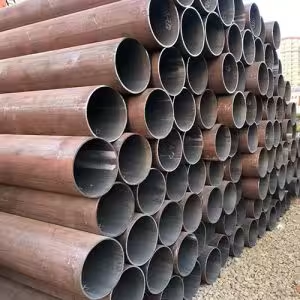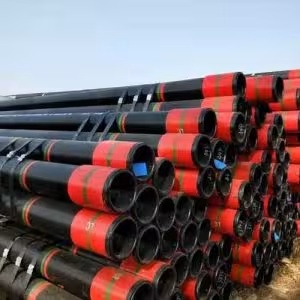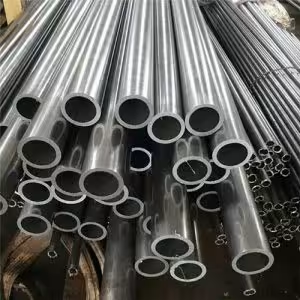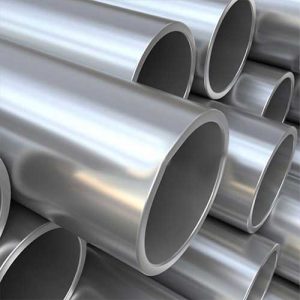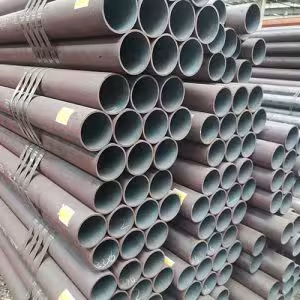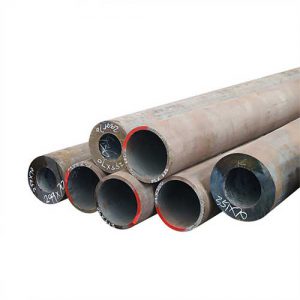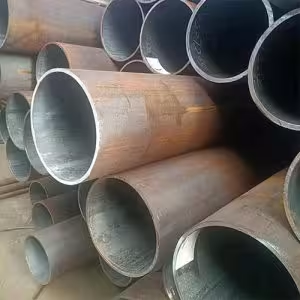Welcome to My Blog!
Before we dive into the content, I’d love for you to join me on my social media platforms where I share more insights, engage with the community, and post updates. Here’s how you can connect with me:
Facebook:https://www.facebook.com/profile.php?id=61565500692293
Now, let’s get started on our journey together. I hope you find the content here insightful, engaging, and valuable.
Introduction
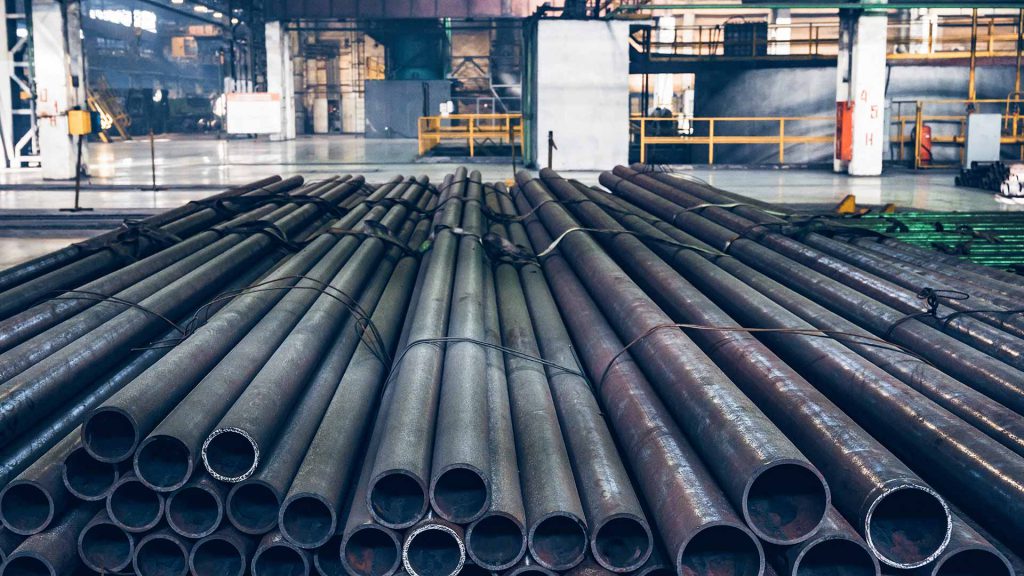
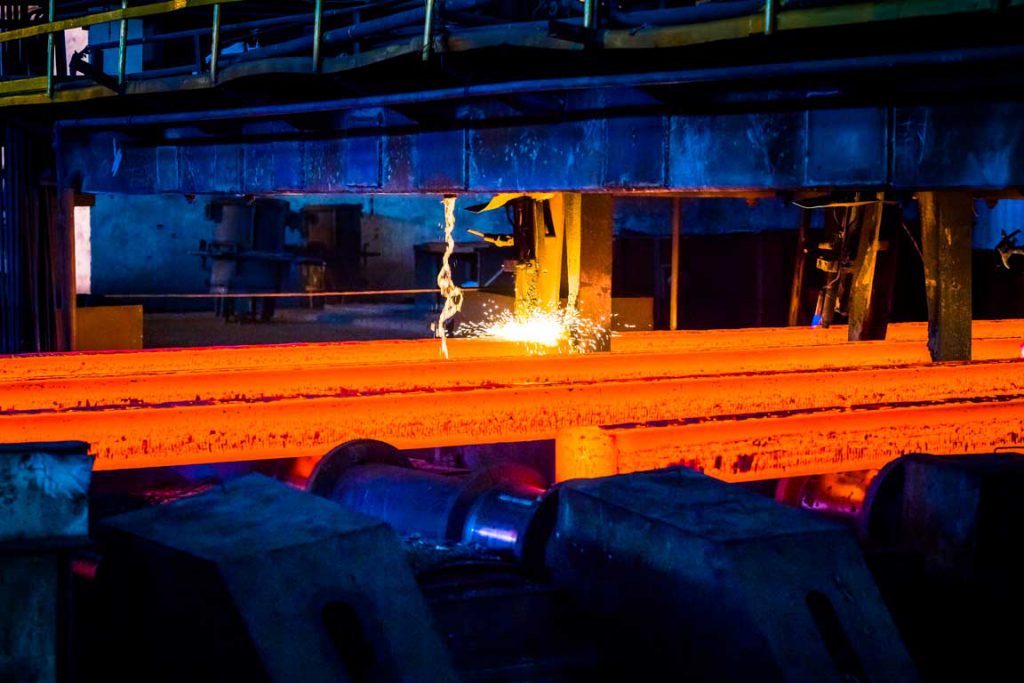
Seamless steel line pipe plays a vital role in industries that require reliable and durable materials for transporting fluids and gases. Its unique properties and versatility make it an essential component in sectors like oil and gas, construction, and manufacturing. This article explores the diverse applications of seamless steel line pipe, its advantages, and factors to consider when choosing the right type for your needs.
What Is Seamless Steel Line Pipe?
Definition and Characteristics
Seamless steel line pipe is manufactured without a welded seam, making it stronger and more reliable than welded pipes. Its seamless structure ensures uniform strength throughout the pipe, minimizing the risk of leaks or structural failure under pressure.
Manufacturing Process
The production process involves heating a solid steel billet and piercing it to create a hollow tube. Advanced techniques ensure the pipe meets industry standards for dimensional accuracy and performance.
Common Applications of Seamless Steel Line Pipe
Oil and Gas Industry
Seamless steel line pipe is extensively used for transporting crude oil, natural gas, and other petroleum products. Its ability to withstand high pressure and temperature makes it ideal for pipelines running through challenging environments.
Construction and Infrastructure
In construction projects, seamless steel line pipes are used for structural support and to transport water, steam, or compressed air. Their durability ensures long-term reliability in bridges, buildings, and industrial facilities.
Chemical and Petrochemical Industry
The chemical sector utilizes seamless steel line pipe for transporting aggressive chemicals and liquids. Its corrosion resistance ensures safe and efficient operations in harsh chemical environments.
Power Generation
Seamless steel line pipes are used in power plants to carry steam, water, and other fluids at high temperatures and pressures. They are critical components in both traditional and renewable energy systems.
Automotive and Aerospace Sectors
Seamless steel line pipe finds applications in vehicle and aircraft manufacturing, where precision and strength are essential.
Key Features of Seamless Steel Line Pipe
| Feature | Benefit |
|---|---|
| High Strength | Ensures durability under high pressure and stress. |
| Corrosion Resistance | Withstands harsh environments and chemical exposure. |
| Uniformity | Provides consistent thickness and strength throughout the pipe. |
| Wide Temperature Range | Performs efficiently in extreme hot and cold conditions. |
| Versatility | Suitable for multiple industrial applications. |
Advantages of Seamless Steel Line Pipe
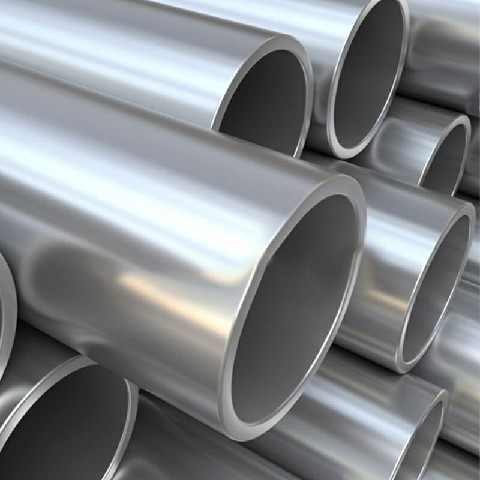
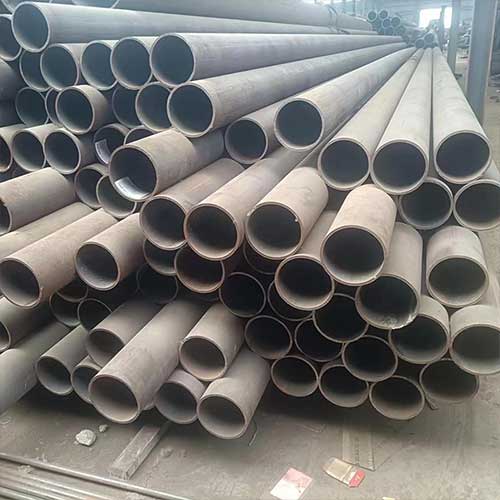
Enhanced Durability
Seamless steel line pipe offers exceptional strength, making it resistant to deformation, cracks, and leaks.
Reduced Maintenance
With fewer potential weak points, seamless pipes require less maintenance and have a longer lifespan compared to welded pipes.
Improved Performance
The seamless design allows for smoother fluid flow, reducing friction losses and improving efficiency.
Adaptability
Seamless steel line pipes can be customized to meet specific industrial requirements, including different diameters, thicknesses, and coatings.
Conclusion
Seamless steel line pipe is a versatile and indispensable material across various industries, offering unmatched strength, reliability, and performance. Whether in oil and gas, construction, or chemical processing, its applications are numerous and critical to operational success. Understanding the benefits and choosing the right type of seamless steel line pipe can ensure optimal efficiency and safety for your projects.
FAQ
What is seamless steel line pipe commonly used for?
Seamless steel line pipe is widely used for transporting fluids and gases in industries such as oil and gas, construction, and chemical processing.
Why is seamless steel line pipe preferred over welded pipe?
Seamless pipes have no welds, making them stronger and less prone to leaks or failures under pressure.
What sizes are available for seamless steel line pipe?
Seamless steel line pipes are available in a wide range of diameters and thicknesses, customizable to meet industry-specific requirements.
How does seamless steel line pipe handle extreme conditions?
The pipe’s high strength and corrosion resistance enable it to perform reliably under high pressure, high temperature, and chemically aggressive environments.
Can seamless steel line pipe be recycled?
Yes, seamless steel line pipe is made from recyclable materials, contributing to sustainable practices in industry.

